Articles
Man Takes a Spoonful of Medicine: Hearsay??

In law school, we are taught that hearsay deals with out of court statements. Both the Federal Rules and California's Evidence Code define hearsay as a "statement" that is "offered to prove the truth of the matter" either "stated" (California) or "asserted" (Federal). And on most occasions, hearsay involves a "statement" as that term is generally understood. In other words, most hearsay evidence involves instances where a party or witness either said or wrote something. As a result, practitioner...
Social Media Evidence: What You Need To Know

Is social media good or bad? Is it the best way to communicate or the worst? It is, of course, neither and both. Never before have non-celebrities or non-journalists been able to reach millions and display what would otherwise be undiscovered talent. And yet we also find material on social media that falls short of most bathroom stall graffiti standards. Consuming social media is like ordering the seafood tower at a new restaurant. If that first bite of shrimp is warm, leave the plate alone and ...
Livin' On The Edge: Steven Tyler and Party Admissions
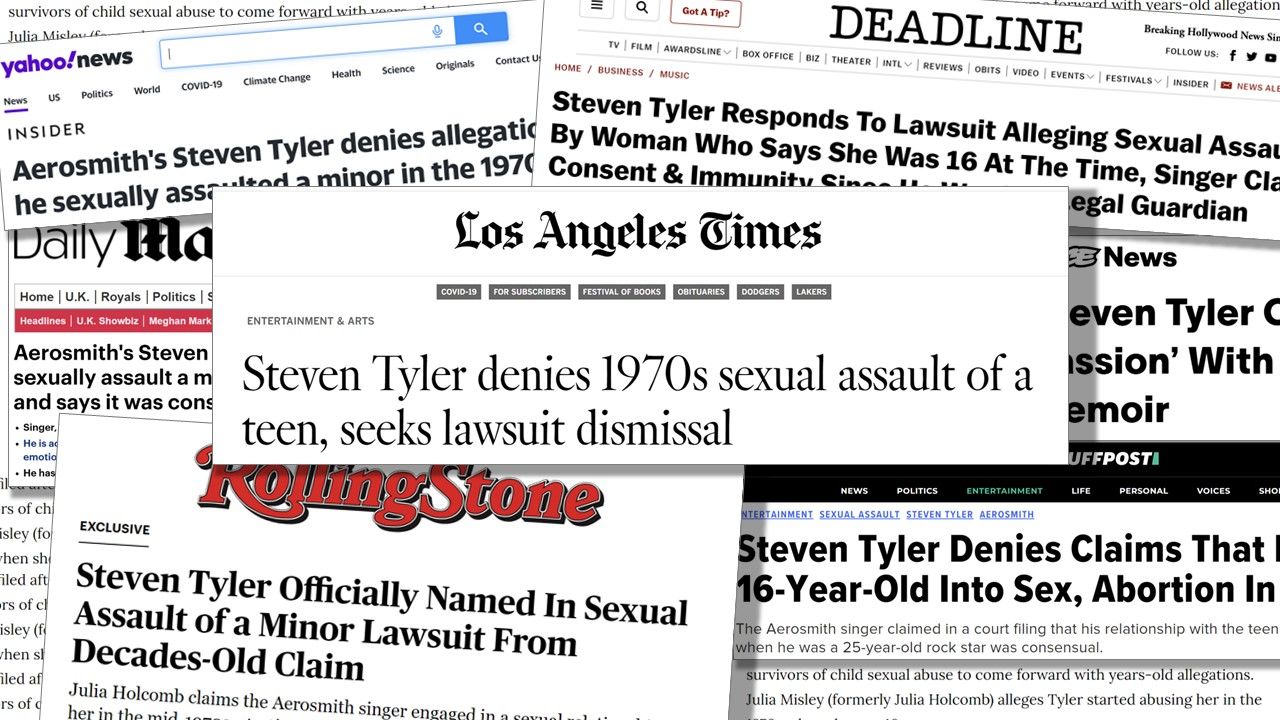
A few months ago, the Los Angeles Times ran a story about a lawsuit recently filed against Steven Tyler. The plaintiff alleges she met the Aerosmith frontman backstage in 1973, and she chronicles their relationship that evening and thereafter. According to the plaintiff, Tyler talked her into joining him on the road (after she finished her sophomore year in high school) and "persuaded [her] into believing this was a 'romantic love affair.'" The complaint is remarkably detailed given the passage ...
Sanderson v. Paltrow: Examining Cross-Examination

It's not the trial of the century. I'm not even sure if it's the trial of the month. But the current Deer Valley whodunnit (aka Sanderson v. Paltrow) has had so many head scratching moments that it's worth a closer look. To be sure, watching a trial from the couch is like watching baseball from the couch: it looks easy. The further we are from the action, the better we think we would be. A 2-0 fastball down the middle? No problem (forgetting the fact that it’s 100 miles per hour). Trying a case ...
Judicial Notice: Four Must-Know Rules

Back in 1995, the LA Times ran an article about O.J. Simpson's defense team's "assault on the [Los Angeles Police] department's ability to use sophisticated science to solve crimes." One its expert witnesses walked the jury through powerful demonstrative evidence detailing DNA contamination in its crime lab. Beyond the Simpson case, the article quoted a defense attorney who said the witness' testimony "will provide ammunition for years to come for lawyers defending poor clients who don't have th...
The Self-Serving Hearsay Exception?

When it comes to hearsay exceptions in California, litigators will instinctively (and appropriately) consider the code sections found in Division 10 of the Evidence Code (i.e., Section 1200 et seq.). Party admission? Declaration against interest? Spontaneous statement? In addition to knowing the enumerated exceptions, trial lawyers must know an as-important hearsay exception found outside this list: the rule of completeness. Evidence Code section 356 provides that "[w]here part of an act, declar...
Persuasive Shortcuts: Document Summaries In Federal and California Courts
"Be sincere, Be Brief, Be seated.
— Franklin Delano Roosevelt
Too often in jury trials, attorneys mistakenly think getting evidence admitted is a dry and mechanical process separate and apart from the task of persuasion. Closing argument, the theory goes, is when it will all come together. Experienced trial lawyers know how misguided this approach can be. They understand that every stage of trial should have the same objective: to argue your case to the jury.
One of the most important metho...
California's Secondary Evidence Rule: Helpful, Yes. But Not an End Run.
Must documents always be produced to proof their contents? What if the documents are lost or missing? California's secondary evidence rule (Cal. Evid. Code §§ 1521 - 1523) provides a commonsense approach that begins with a simple general rule: "The content of a writing may be proved by otherwise admissible secondary evidence." Cal. Evid. Code § 1521(a). But this general rule of admissibility does not apply if the court finds either (1) a genuine dispute exists concerning material terms of the wr...
Strobel v. Johnson & Johnson: Got a Hearsay Problem? Don't Give Up ...
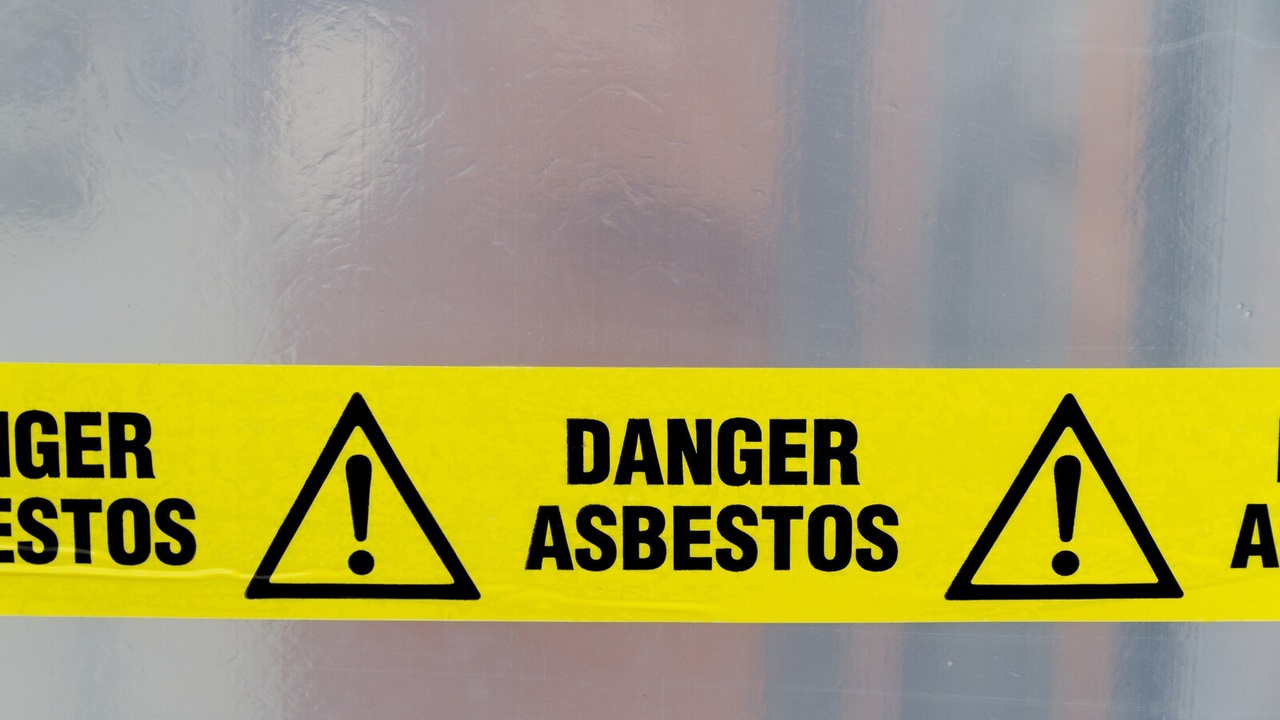
Beyond knowing the mechanics of the rules of evidence, effective advocates use the rules as weapons of persuasion. And like any legal doctrine, spotting the key issue is essential—even if it's not the most obvious. There's reference to an out-of-court statement? Many lawyers jump straight to a hearsay analysis. But with hearsay having so many exceptions, the most obvious objection may not be the most effective. What about relevance? What about foundation?
Equally important is the ability to ad...
The Judge's Factfinding Rule (In Jury Trials)

A common misconception in jury trials is that judges only decide legal questions and juries decide factual questions. The reality is that before a jury sees or hears any evidence, the judge first decides what the jury will see and hear. And to make those determinations, the judge answers a host of factual questions. A more precise way to describe the factfinding roles of a judge and jury is as follows: Judges determine preliminary facts, and juries decide adjudicative facts. Knowing the differen...
Federal Rule of Evidence 702: A Useful Rule (When It's Followed)

When it comes to evidentiary disputes, it can be tough to predict how a particular judge will rule. What is inadmissible character evidence (Rule 404(a)) to one judge might be admissible "other acts" evidence (Rule 404(b)) to another.
And when it comes to expert opinion testimony, there can be even more uncertainty. A judge considering a shaky opinion might—citing the Supreme Court's landmark ruling, Daubert v. Merrell Dow Pharmaceuticals, Inc.—exclude the opinion on the ground that it is fulfi...
Ten Rules for Depositions: Must-Know Evidence Rules for Effective Examinations

“If you don't know where you are going, you'll end up someplace else.” - Yogi Berra
When it comes to effective depositions, the examining attorney must master a handful of skills to ensure he or she is discovering new and necessary facts, exhausting (and pinning down) the witness' memory, and succinctly capturing key admissions. Our online Depositions Skills Clinic takes a close look at these issues and unpacks real-life examples of famous (and some infamous) depositions to illustrate what thes...
California Evidence Code Section 1152: Admissible? Discoverable? Ever?

At a recent deposition, I intended to ask the plaintiff about some assertions made in a pretrial settlement demand letter. Unfortunately, my opposing counsel had different intentions:
MR. SUGDEN: I'm handing you what's been marked as Exhibit 25.
(Whereupon Exhibit 25 was marked for identification, a copy of which is attached hereto.)
MR. SUGDEN: Have you seen this letter before today?
OPPOSING COUNSEL: Objection. This is a settlement communication, and based on that I'm going to instruct ...
California Evidence Code Section 1237: Introducing Forgotten Memories Into Evidence

Suppose you had to prove (in litigation) where you were on a specific date. And suppose you had zero independent memory of where you were. There are a number of things you could do to jog your memory. You could look at your phone to see if there are any pictures from that date. You could look at old text messages, emails, or calendar entries to see if they provide some reminder of where you were on the date in question. Now let's suppose you found a cryptic text exchange with a friend that said ...
Ajaxo v. E*Trade: "May" Does Not = "Must"

Evidence Code Section 721: The Sword and Shield (Mostly Sword) for Expert Witness Cross-Examination

"I know lots of people who say you're wrong!"
"Really? Like who?"
"Well, you know ... like ... lots of people."
The proverbial "they" as in, "You know what they say ..." Is among the laziest rejoinders in an argument. Instead of identifying problems of fact or logic, the person invents an imaginary consensus to suggest his or her opponent's position is nothing but a fringe outlier.
Certainly such a tactic has no place in the courtroom, right? After all, one of the main reasons to exclude...
Sargon: The Beyoncé of Expert Opinion Common Law

Beyoncé. Lebron. Magic. With some celebrities and athletes, just their first name or nickname will do.
You never hear people say, "Cher? Cher who? What's her last name?"
The same goes for some appellate opinions. Take Miranda. Any cop movie invariably includes a scene where the cranky veteran chews out a younger officer for violating a suspect's Miranda rights. From Dirty Harry to 21 Jump Street, Miranda is as common in police movies as a car chase.
In the recent case of San Francisco Print M...
This Land is Your Land ... Actually, this Land is My Land (Because My Dad Told Me)
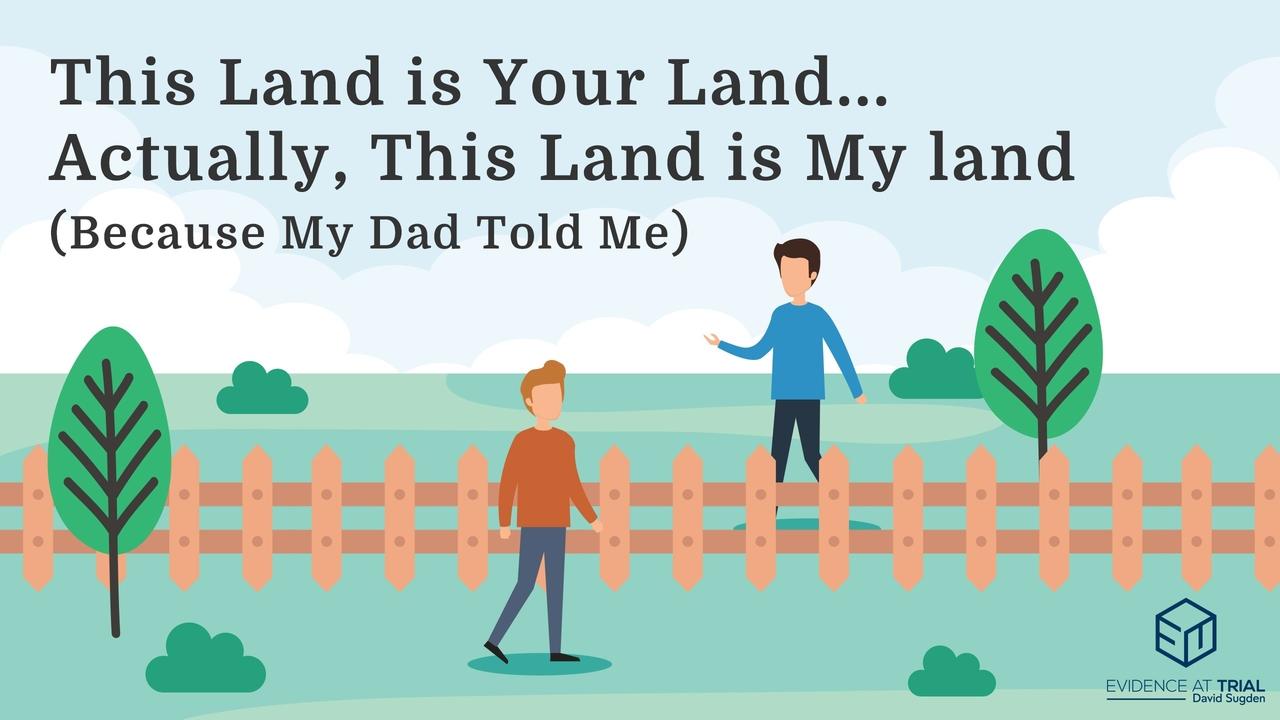
When it comes to hearsay, one method of spotting objectionable hearsay is to consider whether the probability of the evidence being true (or not true) turns on the credibility of someone who cannot be cross-examined. As Justice John Marshall wrote in Queen v. Hepburn, 7 Cranch 290, 296 (1813), "[i]ts intrinsic weakness, its incompetency to satisfy the mind of the existence of fact, and the frauds which might be practiced under its cover, combine to support the rule that hearsay evidence is total...
Waiving Privileges: Existence, Purpose, or Significant Part?

When it comes to privileges and evidence, determining when a waiver has occurred can be tricky. It's a little like knowing when an egg is boiled. While some like runny yokes, others want a virtual powdering to soothe any fears of Salmonella. Judges of eggs are just like judges of law: they're human. What may be a waiver to one may not be a waiver to another.
Fortunately, case law provides some guidelines for attorneys to at least understand how waivers should be analyzed. Fish v. Superior Cou...
Expert Witness Declarations: Admissible Opinion or Jargon Word Salad?

"I'll see you in court!" It's one of those lines that seems to make its way into any courtroom drama. But like a judge banging a gavel, some things make for good television but never actually happen in real life.
This is not to say lawyers are immune from having their share of meaningless colloquialisms. Take "battle of the experts." Attorneys toss around this phrase to describe certain cases or trials as basic coin flips. That upcoming trial about an allegedly defective widget? Don't ask me. ...
To Examine Or Not To Examine Your Client At Deposition? That is a Question?

When it comes to party depositions, they are typically one-sided affairs. The adverse party notices the deposition, asks a slew of questions, and that, almost always, is that. Asking questions as the defending attorney feels like an unnecessary risk. Especially if the deposition has gone reasonably well, prolonging the affair by asking your own client questions seems foolhardy. It feels a little like "just stopping by" the roulette table after a reasonably good night of Blackjack. Sure you might...
Lay Witnesses and Opinion Testimony: Admissible?
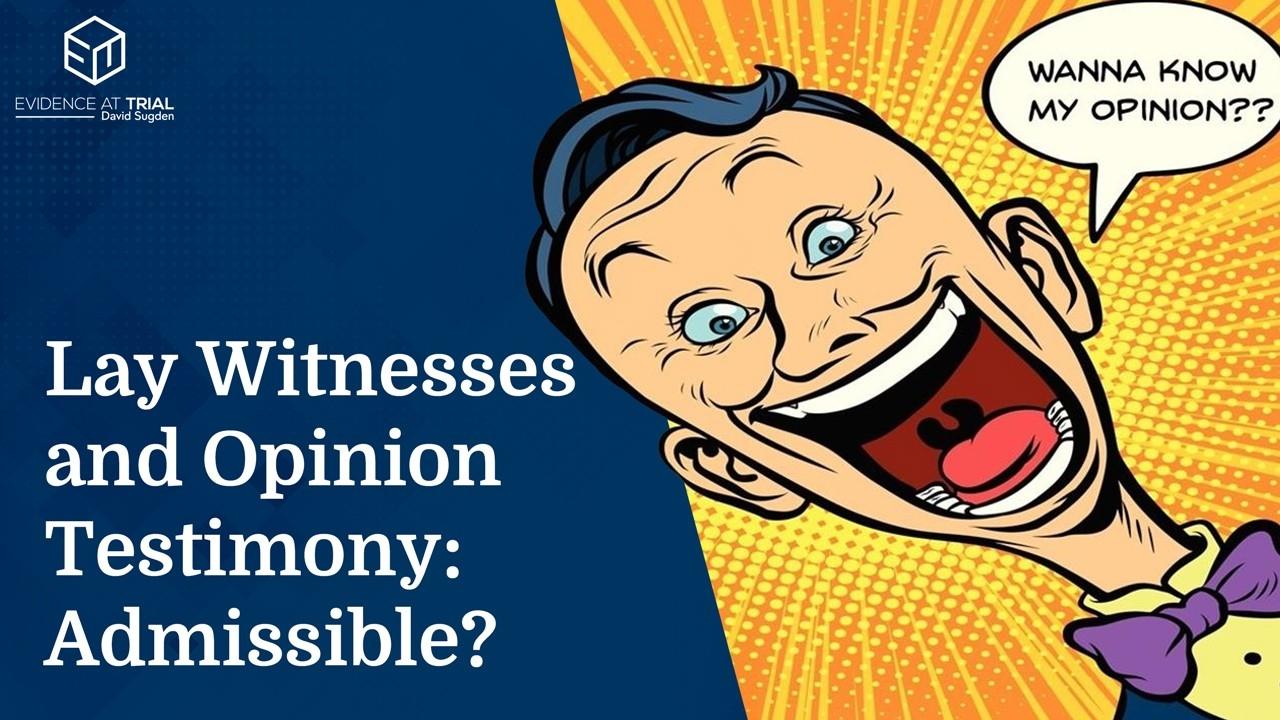
When it comes to expert witnesses, there can be a tendency to limit consideration to paid, third-party experts. And while these professional expert witnesses are the most common types of expert witnesses in civil litigation, they are certainly not the only types of witnesses who can provide expert testimony.
A simpler way to think about expert witness testimony is to first understand what makes expert witness testimony unique. It is not that the witness is compensated. It is not even that the w...
The Supplemental Witness Exchange: The Father's Day Of California Litigation

When it comes to Father's Day, mothers have a distinct advantage. Why? Because Mother's Day is in May and Father's Day is in June. (To be clear, I have repeatedly told my daughters that Mother's Day is not Wife Day--it is their responsibility to make cards, get a gift, fix breakfast, etc., but I'm still needing to ... facilitate the day.) So whatever occurs on Mother's Day implicitly sets the tone for Father's Day. If Mother's Day is celebrated with a heartfelt text and Wendy's take-out, Dad sho...
Riffing on Rifkind: Handling The Improper "Instruction Not To Answer" At Depositions
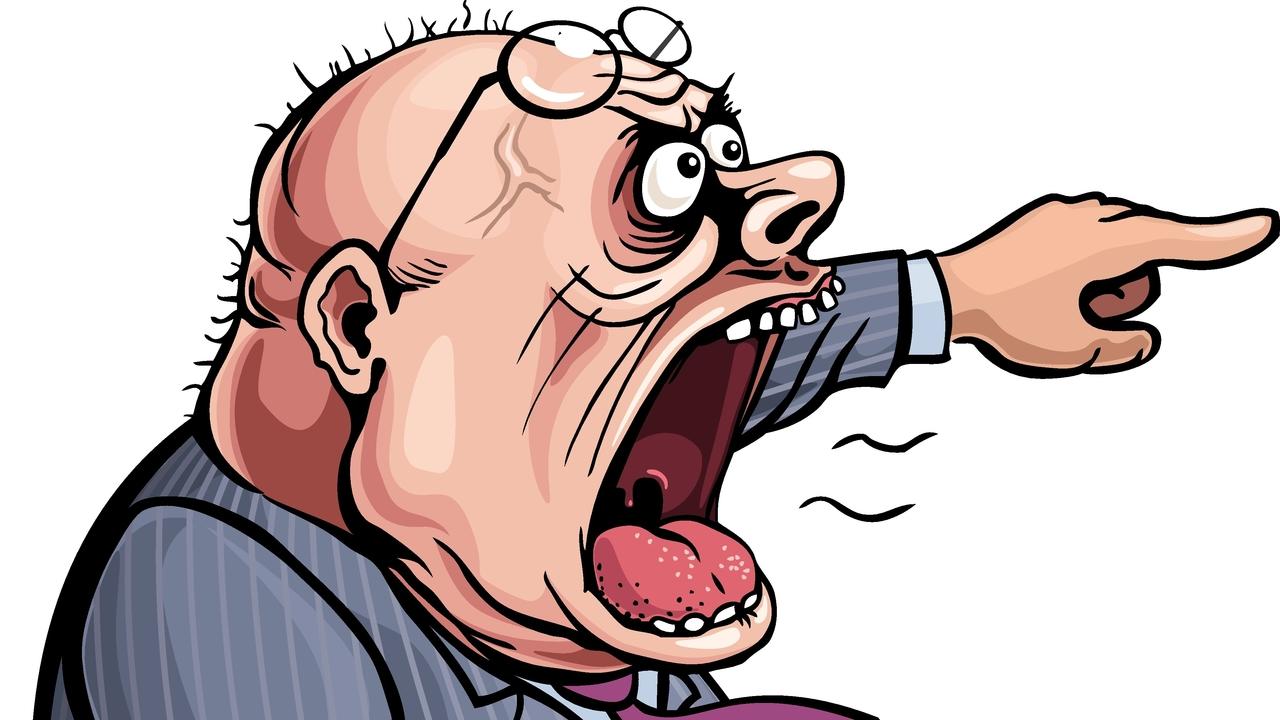
There is no referee in pickup basketball. The result? There is invariably more traveling. No one gets called for three seconds in the key. And if the teams cannot self-regulate themselves, "aggressive" defense soon means broken noses and bruised elbows.
Depositions are like the nerd version of pickup basketball. Without a judge regulating the proceedings, quarrels about what questions are or are not objectionable can spiral downward with maturity and poise being among the dispute's first casual...
D.Z. v. LAUSD: "There is Zero Evidence!" (Because I Moved To Exclude All Of It)
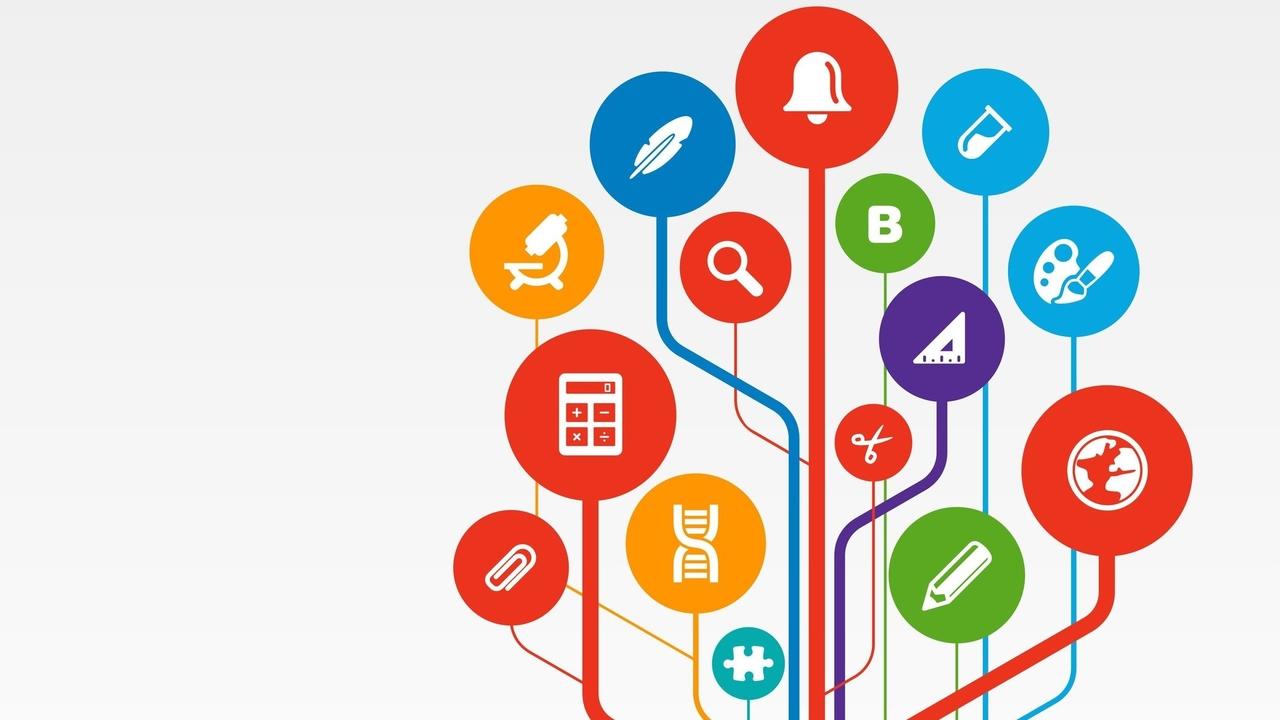
"Absence of evidence is not evidence of absence." The late astronomer Carl Sagan popularized this quote when contemplating our existential role in the cosmos. Donald Rumsfeld revived it—along with his less catchy line about "unknown unknowns"—to rationalize the Iraq invasion because of suspected weapons of mass destruction.
What does any of this have to do with last week's D.Z. v. Los Angeles Unified School Dist., No. BC484110, 2019 WL 2098674 (Cal. App., 2nd Dist. May 14, 2019) opinion?
Nothi...
Personal Business on a Business Device: Is Anything Private?

Email. Where office workers are routinely carpet-bombed with everything from complaints about over-cooked popcorn in the office microwave to requests for "an important project before you head out for the long weekend." And in the case of business lawsuits, it is where the smoking guns are often found. Along with flying bullets. And a confession. It was not that long ago that Apple and Google were accused of having a no-hire agreement with each other. Proving the case was made fairly simple when ...
Impeachment Basics: The ABCs of Challenging Witness Credibility

When questioning witnesses, the principle of impeachment simply means the introduction of evidence that may cast doubt on the credibility of the witness or the validity of the testimony. There are countless ways to impeach a witness. California Evidence Code section 780 identifies the most common methods, but they are expressly non-exhaustive: “[T]he … jury may consider in determining the credibility of a witness any matter that has any tendency in reason to prove or disprove the truthfulness of...
Policy or Habit Evidence: Statewide Class Action or Single-Plaintiff Arbitration

When it comes the rules of evidence, there can be a big difference between a "policy" and a "habit" (or "custom," when it comes to a business entity). A decent (albeit nonlegal) illustration of the difference is the late Howie Sugden.* Howie had a policy of fighting anyone during pickup hockey games who, in his opinion, "played cheap." So while there was a decent chance his gloves might come off whenever he took the ice, it wasn't necessarily guaranteed. But when it came to his smoking, that was...
People v. Mooring: Remembering Step-Three From Sanchez's Step One

With it being almost three years since People v. Sanchez, 63 Cal. 4th 665 (2016), most lawyers are at least familiar with its holding. Indeed, prior articles on this blog have summarized the case and explained how to question expert witnesses post-Sanchez. But with familiarity, certain details can be overlooked. Take Michael Jordan. The most casual fan has an instant memory of his storybook career with the Bulls, the multiple championships, even his brief retirement to give baseball a go. But pl...
Impeachment Evidence: Attacking Credibility And Proving Its Truth?

When it comes to impeachment—attacking the credibility of a witness—lawyers sometimes fail to consider whether the evidence is substantive or pure impeachment. It can lead to an exchange like the following:
Judge: Are you offering this evidence as pure impeachment or to establish its truth?
Lawyer: Yes.
Knowing whether impeachment evidence may also be substantive is important. Substantive evidence “is offered to establish the truth of a matter to be determined by the trier of fact.” Chiasson ...





